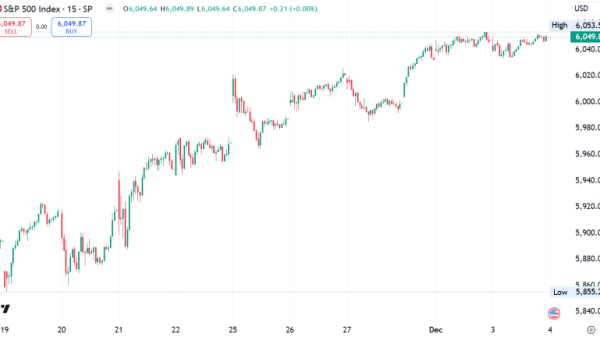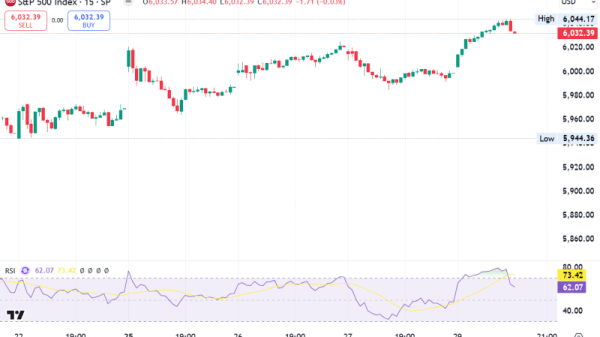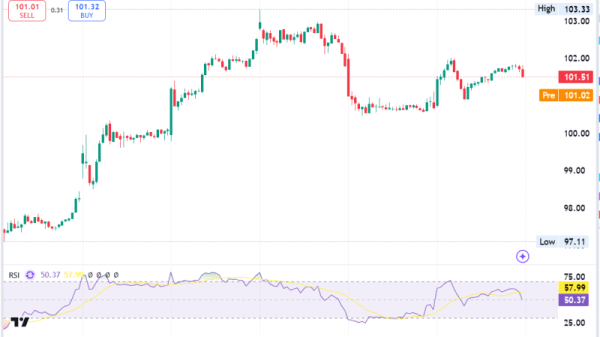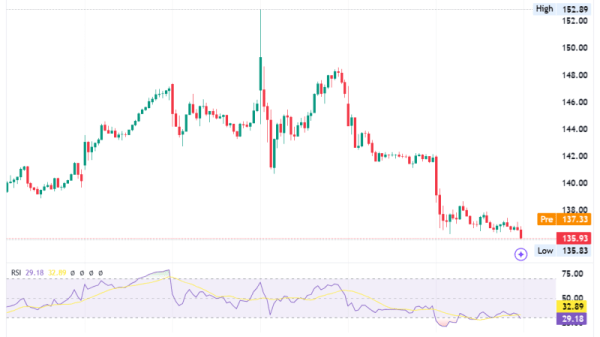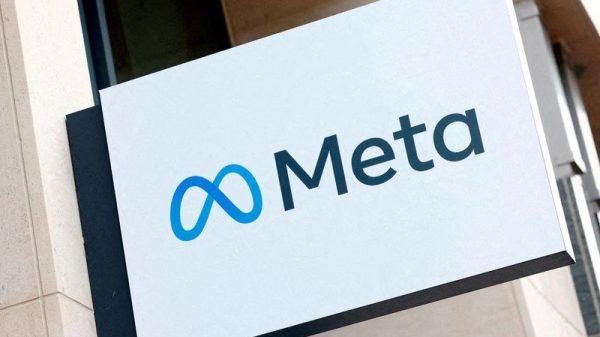By Jonathan Stempel
(Reuters) -Capital One was sued on Tuesday by the U.S. Consumer Financial Protection Bureau, which accused the bank of illegally cheating customers who held its flagship “high interest” savings account out of more than $2 billion in interest payments.
In a complaint filed in the Alexandria, Virginia federal court, the CFPB said Capital One promised depositors that their 360 Savings account provided one of the nation’s “top,” “best” and “highest” interest rates, but froze their rate at just 0.30% even as deposit rates rose nationwide.
The CFPB also said Capital One kept 360 Savings depositors in the dark when in 2019 it launched the 360 Performance Savings account, which was identical except for carrying a substantially higher interest rate that reached 4.35% in January 2024.
Capital One allegedly told branch employees not to proactively tell depositors they could switch accounts, or send depositors to the bank’s account conversion unit unless they asked whether conversions were allowed.
“Banks should not be baiting people with promises they can’t live up to,” CFPB Director Rohit Chopra said in a statement.
The CFPB said Capital One stopped offering 360 Savings to new customers when it introduced 360 Performance Savings, which now yields 3.8% annually, according to the bank’s website.
Tuesday’s lawsuit seeks civil fines, restitution and other remedies for violations of the Consumer Financial Protection Act of 2010 and Truth in Savings Act.
“We are deeply disappointed to see the CFPB continue its recent pattern of filing eleventh-hour lawsuits ahead of a change in administration,” Capital One said in a statement. “We strongly disagree with their claims and will vigorously defend ourselves in court.”
The McLean, Virginia-based bank added that it marketed the 360 Performance Savings account widely including on national television, “with the simplest and most transparent terms in the industry,” and that its 360 accounts all offer great rates.
Capital One is one of the largest U.S. banks and credit-card companies, with $353.6 billion of deposits and $486.4 billion of assets as of Sept. 30, 2024.
A July 2025 trial in private nationwide litigation over the 360 Savings accounts has been scheduled in the Alexandria court.
In a research note, TD Cowen analyst Jaret Seiberg said the CFPB lawsuit should not affect Capital One’s proposed $35.3-billion purchase of credit-card rival Discover Financial Services (NYSE:DFS).
The case is CFPB v. Capital One Financial Corp (NYSE:COF) et al, U.S. District Court, Eastern District of Virginia, No. 25-00061.

